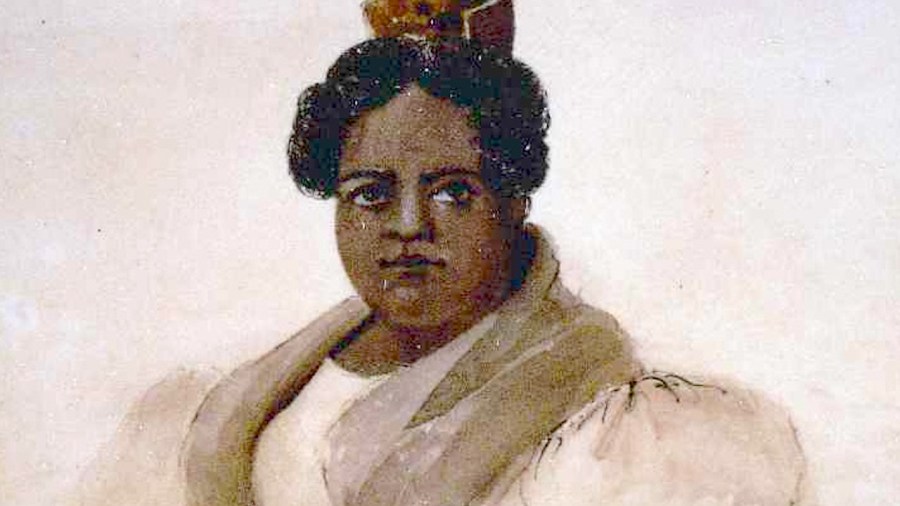HONOLULU (KHON2) – In the ahupuaʻa of Honolulu, which lies in the moku of Kona here on Oʻahu, stands a heavily used roadway with a name that is commonly mispronounced.
We are speaking of Kīnaʻu St.
Kīnaʻu was the daughter of King Kamehameha I and lived during a time of drastic change throughout Hawaiʻi.
Continuing the lineage of her father, Kīnaʻu became the mother to two future kings, Kamehameha IV and Kamehameha V.
When she was younger, Kīnaʻu indulged in having fun and drinking.
But thanks to the example set by her aunty, Queen Kaʻahumanu, Kīnaʻu turned towards the Word of God, becoming a Christian and taking on the English name Elizabeth.
Set to succeed the position of Kuhina Nui, similar to a Premiere or Prime Minister, Kīnaʻu was to co-rule alongside her half-brother.
At the time, though, the king was young and resentful against the Christian laws.
Turning in the other direction, King Kamehameha III began an intimate relationship with a man named Kaomi, even appointing him as “joint king” and giving him authority.
For a period of time, Kīnaʻu’s power was uncertain.
Despite the laws of the kingdom which were signed by the king, including the ban of murder, theft, selling of alcohol, prostitution and gambling, it was the king who allowed the revival of un-Godly ways.
Distilleries were opened once again across Oahu.
Fighting, murder, adultery, drunkenness, plural marriage and the disregard of the marriage law, occurred all over the island.
Despite the struggle with her half-brother for political power and authority, the king eventually reconciled with Kīnaʻu.
In 1835, Hawaiʻi’s first penal code was proclaimed, and it was Kīnaʻu, as Kuhina Nui, who was responsible for enforcing it.
Did you know? Now you do!
